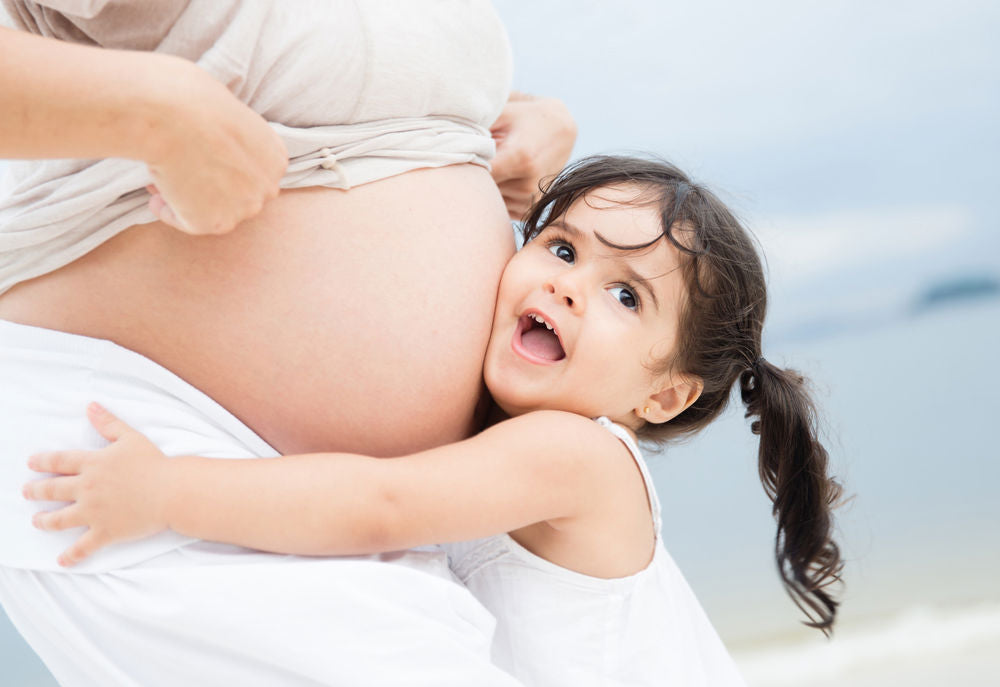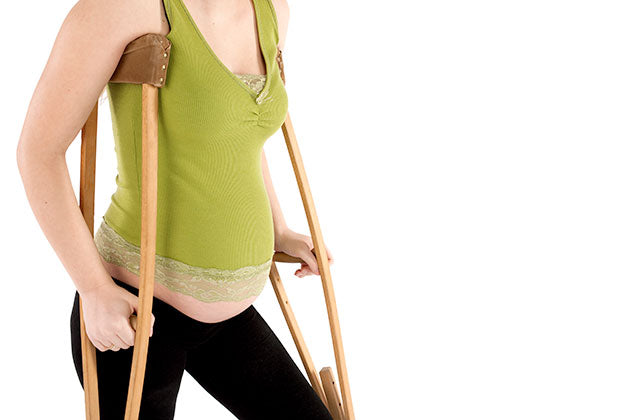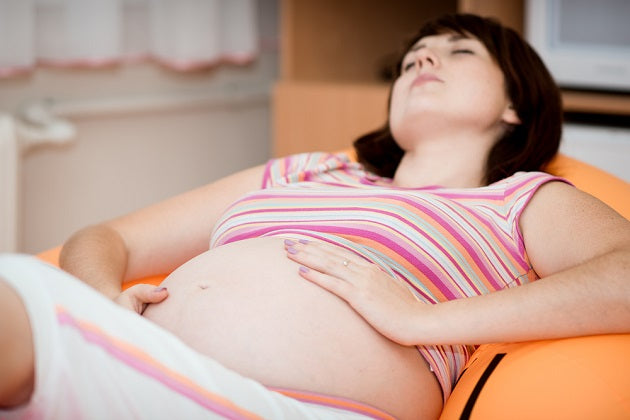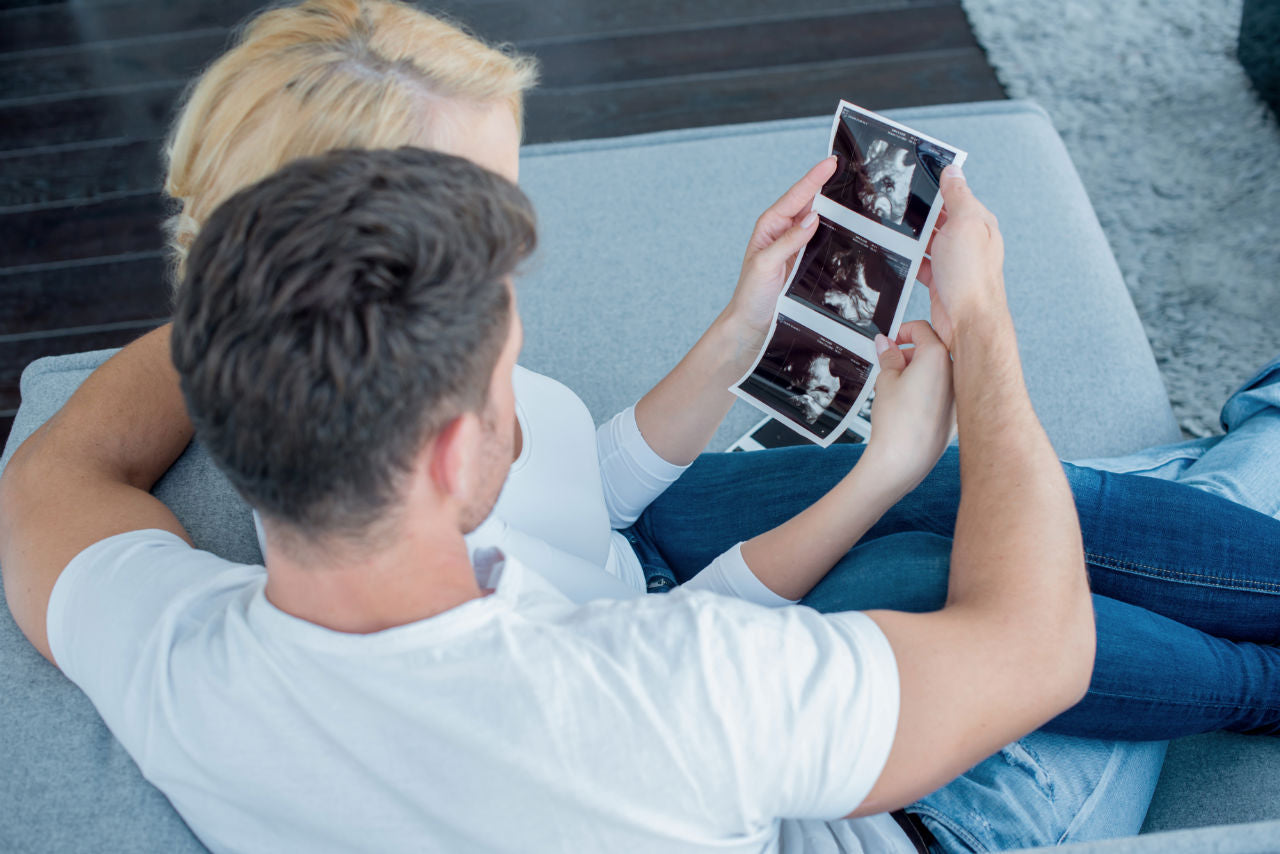- Wash your hands. Wash them frequently, with warm water and soap for at least 20 seconds. If it is not possible to wash your hands with soap and water, use a hand sanitising solution with at least 60% alcohol.
- During flu “seasons” and other high-risk times, minimise visitors to your home and avoid outings that involve large crowds, especially indoor events. It is possible for an infected person to transmit the virus even if they aren’t showing symptoms such as a fever.
- Clean and disinfect surfaces and objects frequently touched in the home and car.
- Cough or sneeze into a tissue, throw the tissue away in the bin, and make sure to wash your hands after this is done.
What does this mean for breastfeeding mums?
Keep directly breastfeeding, as much as you are able. If you do become infected, or suspect/know you may have been exposed to someone who is infected:- Wear a mask when holding your baby and while feeding them.
- Wash your hands before the feeding starts, and again directly after.
- Wash your hands before and after you touch your baby at other times, such as before and after diaper changes.
- Let others help you, especially if they are well or healthier. It’s really hard to get rest as a new mum, but rest is critical to overcoming an infection.
- Stay hydrated. This is important for breastfeeding mums at all times and becomes even more important when you’re fighting an infection or fever. The fever will dehydrate you so it is important to replace those fluids.
If, or when, you are pumping:
- Wash your hands before assembling your pump parts, and wash them again immediately after you’ve finished your pumping session.
- After pumping, wash the parts with warm, soapy water, rinse, and air dry
- Follow the NHS recommendations to properly clean and sanitise all pump parts and bottles: https://www.nhs.uk/conditions/pregnancy-and-baby/sterilising-bottles/ or https://www.nhs.uk/conditions/pregnancy-and-baby/expressing-storing-breast-milk/
- Wipe down the pump itself with an all-purpose cleaner or wipe, without getting the pump too wet. Allow to air dry.
- If possible, let someone healthy (or at least, healthier) feed the baby with a bottle
- Stay hydrated.
What about medications that might be used to treat COVID-19, or even Influenza-A?
As of the writing of this article, there is no exact known medication or vaccine to treat COVID-19. There are various medications used for other viral respiratory infections that are being tried and considered. Discuss the fact that you’re breastfeeding with your healthcare provider and express your desire to continue breastfeeding. If your doctor recommends taking antiviral medication, please ensure they are aware of your breastfeeding and pumping routine. Ask them whether there are risks to your baby. This will allow you to make the best decision possible while trying to minimise risk of transmission to your baby and trying to maintain your milk supply. (Reference: Philip O. Anderson. Breastfeeding and Respiratory Antivirals: Coronavirus and Influenza. Breastfeeding Medicine.http://doi.org/10.1089/bfm.2020.29149.poa; published online February 27, 2020) (Reference: Royal College of Obstetricians and Gynecologist. Coronavirus (COVID-19) Infection in Pregnancy. Information for Healthcare Professionals; Version 4 published online 21st March 2020).For up to date facts and guidance, please frequently check the Royal College of Obstetricians and Gynaecologists Website
- https://www.rcog.org.uk/en/guidelines-research-services/guidelines/coronavirus-pregnancy/covid-19-virus-infection-and-pregnancy/
- Stay at home: guidance for households with possible coronavirus (COVID-19) infection https://www.gov.uk/government/publications/covid-19-stay-at-home-guidance/stay-at-home-guidance-for-households-with-possible-coronavirus-covid-19-infection











